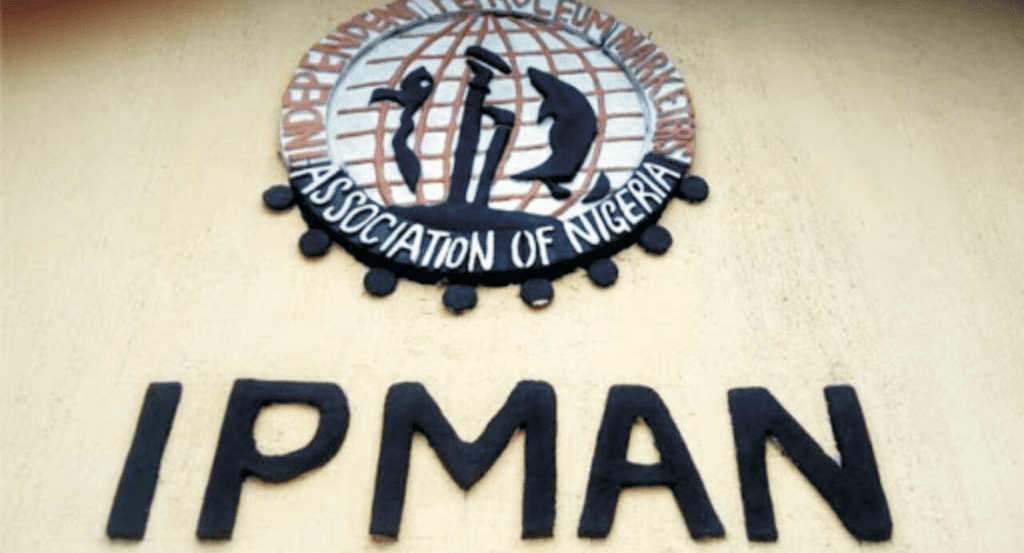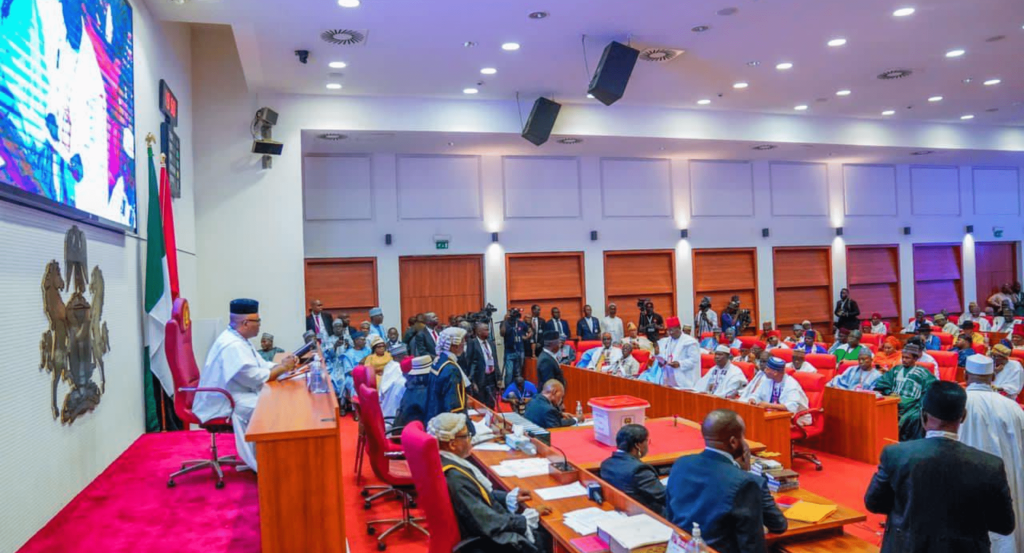The Independent Petroleum Marketers Association of Nigeria (IPMAN) recently announced a N50 per liter reduction in petrol prices following a direct supply arrangement with Dangote Refinery. The National President of IPMAN, Abubakar Maigandi, shared the development during an interview with Channels Television, explaining that Dangote Refinery has agreed to supply petrol at two rates: N940 per liter for loading vessels and N990 per liter for trucks at depots. This arrangement, Maigandi noted, aims to alleviate the financial strain on Nigerians by providing a more cost-effective fuel option for IPMAN members.
According to Maigandi, IPMAN members currently retail petrol at prices ranging from N1150 to N1200 per liter, depending on regional factors such as transportation costs. The direct supply from Dangote Refinery offers IPMAN a chance to lower costs and pass on some savings to consumers. However, the projected N50 reduction would still leave pump prices in the range of N1100 to N1150 per liter. While this is an improvement, many Nigerians feel that the price cut is minimal and insufficient to make a noticeable impact on their expenses.
Maigandi further clarified that the price structure at Dangote Refinery includes options for marketers to either load petrol directly to their depots at N940 per liter or utilize trucks at N990 per liter. The arrangement represents a break from the previous reliance on the Nigerian National Petroleum Company Limited (NNPCL) as the sole distributor of Dangote’s fuel. By sourcing directly from the Dangote facility, IPMAN hopes to improve supply chain efficiency and reduce overhead costs that contribute to high retail prices.
While IPMAN’s announcement is a step toward reducing fuel costs, the N50 reduction has sparked mixed reactions from Nigerians, who have voiced skepticism over the limited relief it provides. On social media, many consumers expressed frustration, stating that a mere N50 decrease per liter falls short of expectations given the current economic challenges and high inflation rates affecting household budgets across the country.
For many Nigerians, the cost of petrol plays a critical role in determining transportation expenses, food prices, and overall living costs. With petrol prices currently ranging between N1060 and N1200 at various filling stations nationwide, some argue that the N50 reduction is more symbolic than impactful. They call for more comprehensive solutions to stabilize fuel prices and reduce the inflationary pressures that affect daily life.
The Dangote Refinery, one of Africa’s largest refineries, has been seen as a key player in stabilizing Nigeria’s fuel supply and reducing the nation’s dependence on imports. With the recent supply arrangement for IPMAN, the refinery offers a new pricing structure that can influence local fuel costs. By providing petrol at N940 and N990 per liter depending on distribution channels, Dangote Refinery is supporting the move towards more competitive pricing in Nigeria’s fuel market. However, due to existing operational and distribution costs, the reduction in pump prices remains modest.
The Dangote Refinery’s ability to influence national fuel pricing depends on how it manages production and distribution efficiencies over time. As the refinery scales its output and distribution network, many hope for further reductions that will offer more substantial financial relief to Nigerians.
While IPMAN’s N50 reduction is a small step, it highlights the potential of domestic refining capacity to affect petrol prices. For the average Nigerian, the high cost of petrol remains a pressing issue, impacting not only transportation but also the cost of goods and services across various sectors. Many Nigerians are urging industry leaders and policymakers to take stronger actions to address the underlying factors contributing to fuel price inflation.
As Dangote Refinery continues to build its capacity and strengthen its supply network, the hope is that IPMAN and other stakeholders will find additional avenues to ease the financial strain on consumers. For now, however, the N50 reduction serves as a reminder of the complexities involved in achieving affordable fuel prices in Nigeria, where operational costs and market dynamics continue to influence pricing.



























